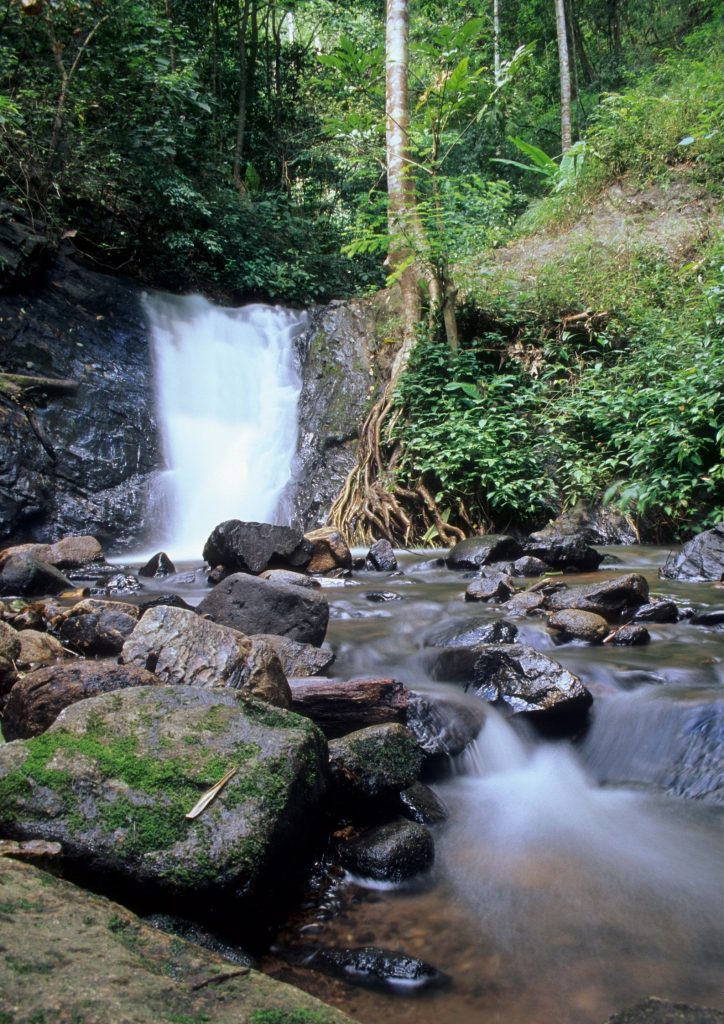Outdoor Health: Natural environments, Aboriginal & First Nations knowledge and human contact with nature
Outdoor Health is the term we use to encompass the range of evidence-informed nature-based health interventions being provided around Australia and internationally. Outdoor health research draws from a breadth of cross-disciplinary evidence bases.
Outdoor health practices activate ‘human contact with nature’ as an intentional setting, method or mechanism to support human health, wellbeing and healing.
With guidance from Aboriginal and First Nations knowledge holders, Outdoor health can benefit the health of natural environments alongside the health of people. Natural environments are often called ‘Country’ in Australia, in acknowledgement of the long and strong custodianship of land and sea by Aboriginal people.
Outdoor Health modalities
The Outdoor Health space includes the following modalities:
- Aboriginal/Indigenous healing practices
- Outdoor adventure and/or experiential therapies
- Outdoor/eco/nature-based allied health practices (occupational therapy, speech pathology, psychology, etc)
- Outdoor/eco/nature-based counselling & psychotherapy practices
- Outdoor/eco/nature-based psychology
- Outdoor/eco/nature-based social work
- Other outdoor/eco/nature-based therapies
- Animal assisted and/or facilitated therapies
- Therapeutic horticulture and/or farm practices
Underlying Premises
- Humans are part of nature and are nature.
- Healthy natural environments are critical to human health and wellbeing.
- Indigenous communities and other place-based cultures managed to sustain both humans and natural environments concurrently, in some cases for millenia.
- The urbanisation of many societies, and associated developments, means that many people are more separated from nature and natural environments than at any other time in human history.
- Contact with nature, and time spent in nature, provides multiple benefits for humans.
- Nature and nature-based interventions offer an accessible place to strengthen and revitalise human health and wellbeing.
- Nature-contact offers a preventive approach that can help to sustain the health and wellbeing of whole populations.
- Nature-contact and nature-based interventions can strengthen the health of disadvantaged people and those at risk of health difficulties.
- Nature-contact and nature-based interventions can support those people whose health is ailing and who are in need of treatment and support.

Promising evidence
While the full scope and effects of nature-based interventions continues to be explored, existing research demonstrates it is likely that nature-based interventions:
- can be used to support the health of humans across the lifespan, from infancy through childhood, and young adulthood to older adulthood
- can be used across the continuum of need, from prevention through early intervention, treatment or therapy, continuing care and palliative care
- can provide benefits across physical, mental, emotional, social, cultural, spiritual and ecological domains of human wellbeing
- can strengthen peoples’ bio-psycho-socio-ecological wellbeing
- can be delivered to individuals, couples, families, communities, peer groups and other target groups, and
- can provide effective treatment for people recovering from the effects of early life trauma or traumatic events, along with other targeted interventions, such as for those struggling with drug and alcohol misuse, mental ill health, a range of disabilities and relationship difficulties, to name a few examples.
We’re working on an interactive bibliography resource! For now, keep an eye on our Research News.
